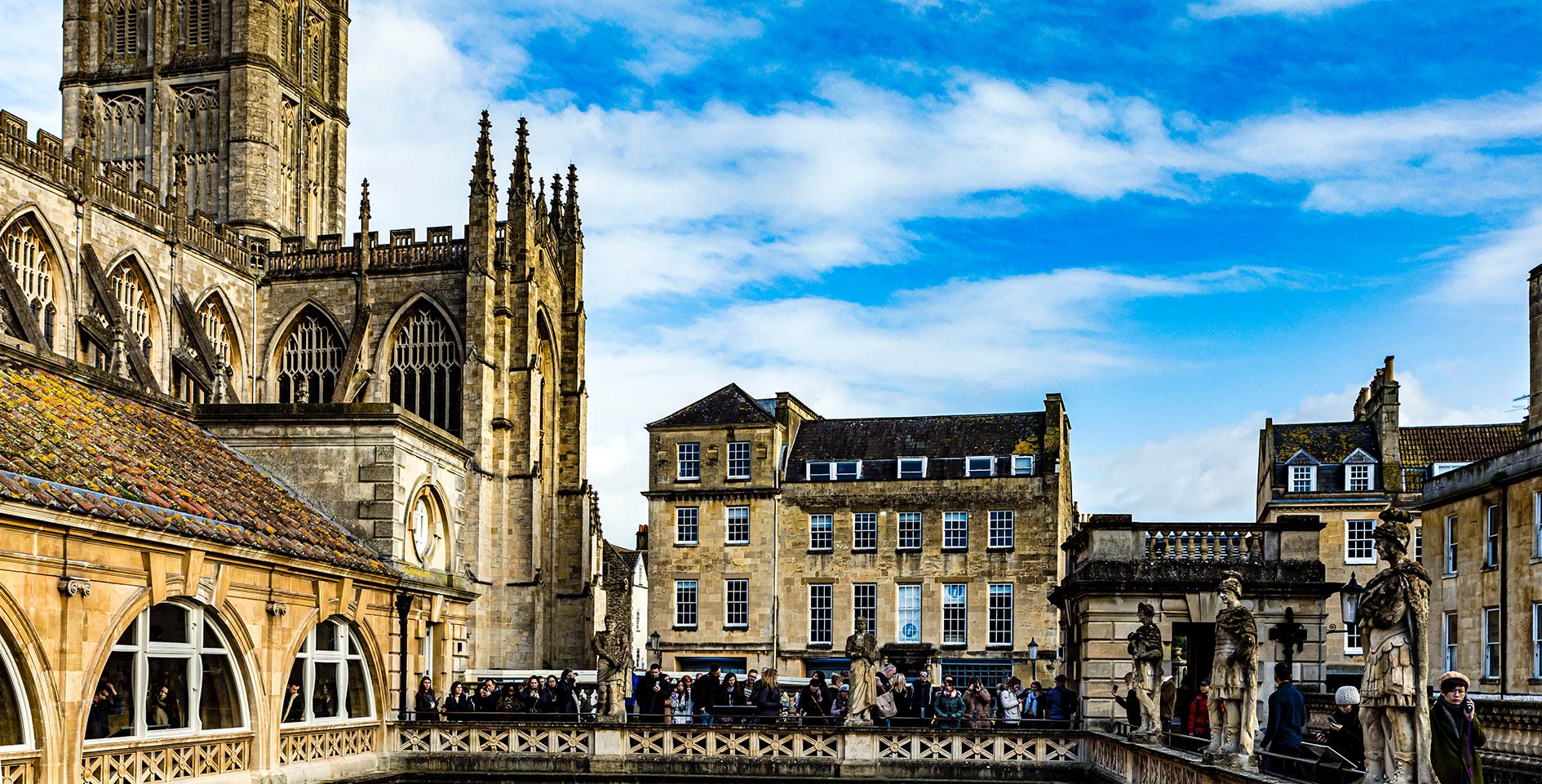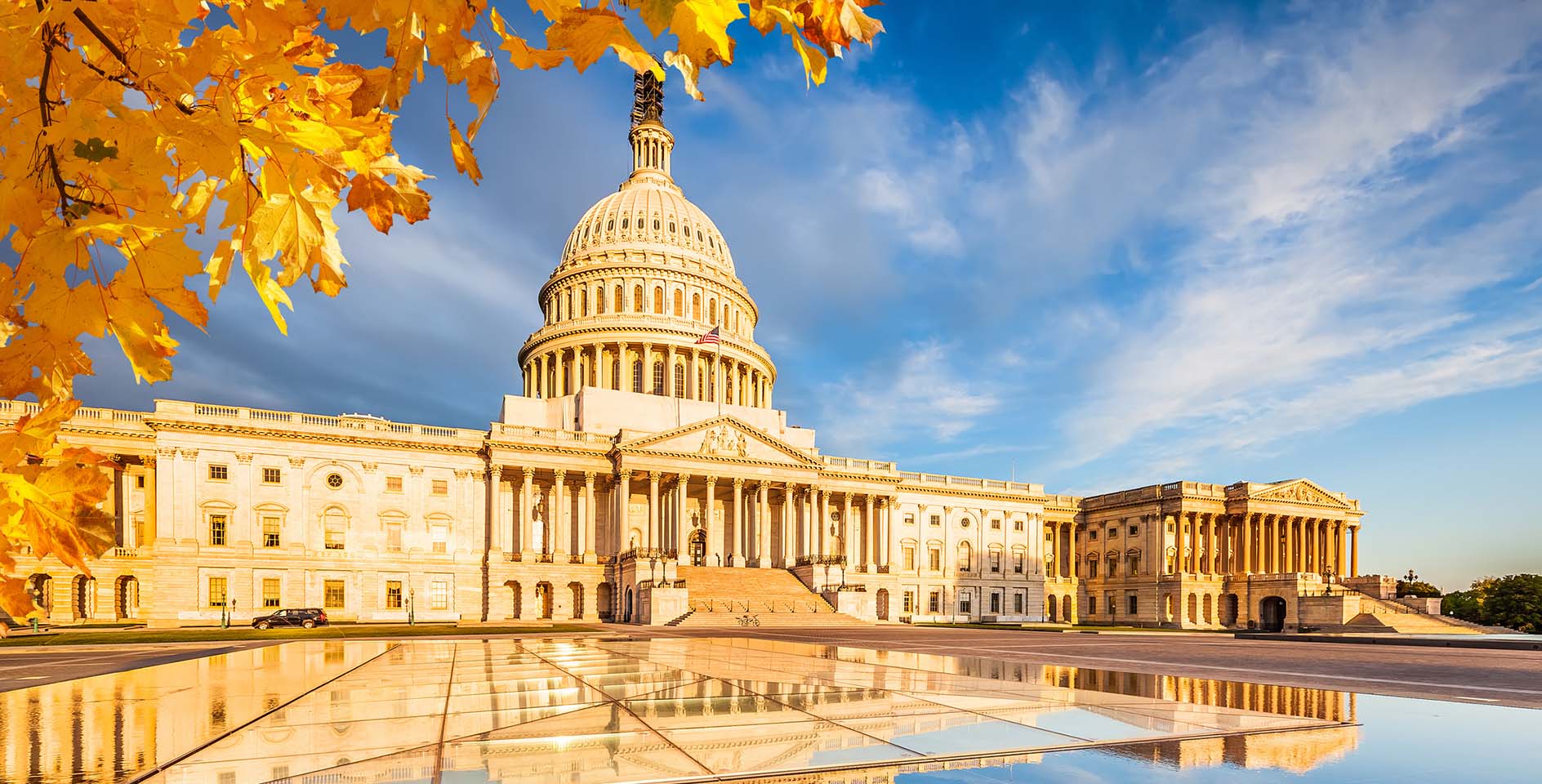Editor’s Note: This article is part of our primer series on Christians ethics where a respected leader and thinker recommends and gives a summary overview of a book that helps orient readers to a certain aspect of ethics and philosophy. This series is designed to equip the local church to engage foundational texts of Christian ethics. Find the entire series here.
Religious freedom is among the most precious things in existence. At its core it is both a theological and political proposition. Theologically, to defend religious freedom is to recognize that every person is accountable to God as an individual. No one has the right to decide who or how another person worships. Politically, to defend religious freedom is to recognize that the state has no role in determining what a person holds as ultimate.
As Thomas Jefferson said, “The legitimate powers of government extend to such acts only as are injurious to others. But it does me no injury for my neighbour to say there are twenty gods, or no god.” Religious freedom is critical for human flourishing because it preserves for every person the right to decide for themselves the things they hold as sacred.
As an evangelical Christian, I believe that there is only one true God and that he exists eternally as three persons. Moreover, I believe that salvation is found only through faith in Jesus, the Son of God, who came to earth to save sinners through his life, death, burial, and resurrection. But I also believe that saving faith must always be authentic; it cannot be compelled or coerced. As the Baptist minister Isaac Backus once quipped, “Christ will have no pressed soldiers in his army.”
But beyond the nature of saving faith, I also believe that the state is neither capable nor competent to command the religious beliefs and spiritual duties of its citizens. And because of these things, I stand in the long tradition of Christians who support and defend religious liberty and freedom of conscience for all people.
But where does one begin in order to gain an understanding of religious freedom? In recent years many excellent volumes have been published covering various aspects of this important topic. A few worthy of mention include Free to Believe by Luke Goodrich, which covers contemporary debates about religious freedom in the United States, and First Freedom, a volume from a number of Baptist scholars dealing with the history, application, and current challenges to religious freedom. And of course to truly appreciate the value of religious freedom one would benefit from reading about religious persecution. For this you might consult Foxe’s Book of Martyrs or Steven D. Smith’s recent work Pagans and Christians in the City.
Yet for a single volume exploring the roots and significance of religious freedom, few books hold more value than a recent work by Robert Louis Wilken titled Liberty in the Things of God: The Christian Origins of Religious Freedom.
Tracing Christianity and religious freedom
Wilken’s book is helpful for a number of reasons, but one of them is perhaps less obvious than it should be. In his work, he labors to show that religious freedom is actually a Christian idea. Some may wonder why Christians, with our very specific beliefs about salvation, would support religious freedom? After all, Christians believe that heaven and hell hang in the balance based on an individual’s beliefs. Why then would Christians support a doctrine that would allow so many people to embrace false beliefs that Christians not only reject but understand to have the most dire of consequences?
Religious freedom is critical for human flourishing because it preserves for every person the right to decide for themselves the things they hold as sacred.
The answer, however, isn’t complicated. As Wilken notes at the book’s opening, Christians have always believed that saving faith must be genuine faith; it cannot be coerced. He quotes Tertullian of Carthage, the third-century theologian, on this theme: “It is not part of religion to coerce religious practice, for it is by choice not coercion that we should be led to religion.” Wilken explains that it is precisely because Christians believe salvation can only be accomplished through an individual’s earnest repentance of sin and faith in Jesus that they embrace and defend the idea of religious freedom. As he states, “religious faith is an inward disposition of the mind and heart and for that reason cannot be coerced by external force” (1).
Unfortunately, religious freedom later fell out of favor among Christians for several centuries. At its inception, the Christian movement was essentially a very small religious sect that many considered to be a temporary offshoot of Judaism. But as the movement spread and drastically increased in number during the several centuries after the resurrection of Jesus, Christians ultimately amassed a great deal of cultural and political power.
A good example can be found in Saint Augustine, the famed bishop of Hippo and author of Confessions and The City of God, who lived in the fourth century. During the Donatist controversy, Augustine insisted that the power of the state be wielded to suppress heretical views (notably, Augustine would ultimately intercede on behalf of the Donatists after witnessing their cruel treatment at the hands of the Romans). From the Gospel of Luke, Augustine offered a justification for “compelling” non or errant believers to embrace orthodox beliefs. And according to Wilken, some continued to appeal to Augustine’s justification of religious coercion as late as the 18th century (32).
This brings us to another reason Wilken’s book serves as such an excellent primer. As he tells the story of religious freedom, he demonstrates how this crucial doctrine was present from the earliest days of the Christian faith and how it was essentially lost for a time, but his focus throughout most of the book is upon how religious freedom was recovered as a central doctrine among believers. From the Protestant Reformation through the Enlightenment, Wilken narrates the rebirth of religious freedom among Christians in Western Europe.
Wilken’s treatment of Martin Luther and his contribution to the recovery of religious freedom is particularly excellent. As he articulates the story of Luther’s struggle against the corruption and excesses of the medieval Catholic Church, Wilken focuses on Luther’s appeal to conscience and sets his story alongside a faithful band of Fransciscan sisters who made a similar stand on behalf or their convictions. Wilken recounts the words of Luther at the Diet of Worms in 1521,
“Unless I am convinced by Scripture and plain reason I do not accept the authority of the popes and councils, for they have contradicted each other. My conscience is captive to the Word of God. I cannot and I will not recant anything, for to go against conscience is neither right nor safe. God help me. Amen.”
On the subject, Wilken notes that for Luther and his belligerents, “Conscience was the voice of God, and freedom was found in obedience” (52).
Similarly, Wilken’s chapter on English Separatists is worth the price of the entire book. He examines the work of the early Baptist pioneer Thomas Helwys titled The Mystery of Iniquity. As a Baptist pastor in England during the 17th century, Helwys and his flock were under constant threat of persecution. And as Wilken points out in The Mystery of Iniquity, he defended rights of conscience for all people including Jews and Muslims and appealed to King James I for religious freedom for all of his subjects. Helwys believed that “as a matter of justice the ruling authorities must grant liberty of conscience no matter what faith people held” (141).
Likewise, he features the voices of other English dissenters including John Murton and Roger Williams. Wilken highlights that it was Williams who first introduced the idea of a “wall” separating the spiritual and civil realm (147).
Beyond these examples, there is much more to commend in Wilken’s work. His discussion of Calvin, Beza, and Zwingli, as well as his treatment of John Locke and John Owen, all offer substantial insight not merely into the role of each man in the story of religious freedom but of their broader contributions to Christian history. Liberty in the Things of God does more than trace the roots of religious freedom; it lays bare the vital importance of this most crucial doctrine and connects its history to the story of Christianity itself. As Wilken states in the epilogue,
“It was early Christian teachers who first set forth ideas of the freedom of the human person in matters of religion; it was Christian thinkers who contended that conscience must be obedient only to God; and it was the dualism of political and spiritual authority in Christian history that led to the idea that civil government and religious beliefs must be kept separate” (187).
Religious freedom is a critical and thoroughly Christian doctrine. It is sacred and must always be protected. Wilken’s work provides an excellent reminder of these truths and offers a fantastic entry point for readers to learn about the long history of religious freedom.










